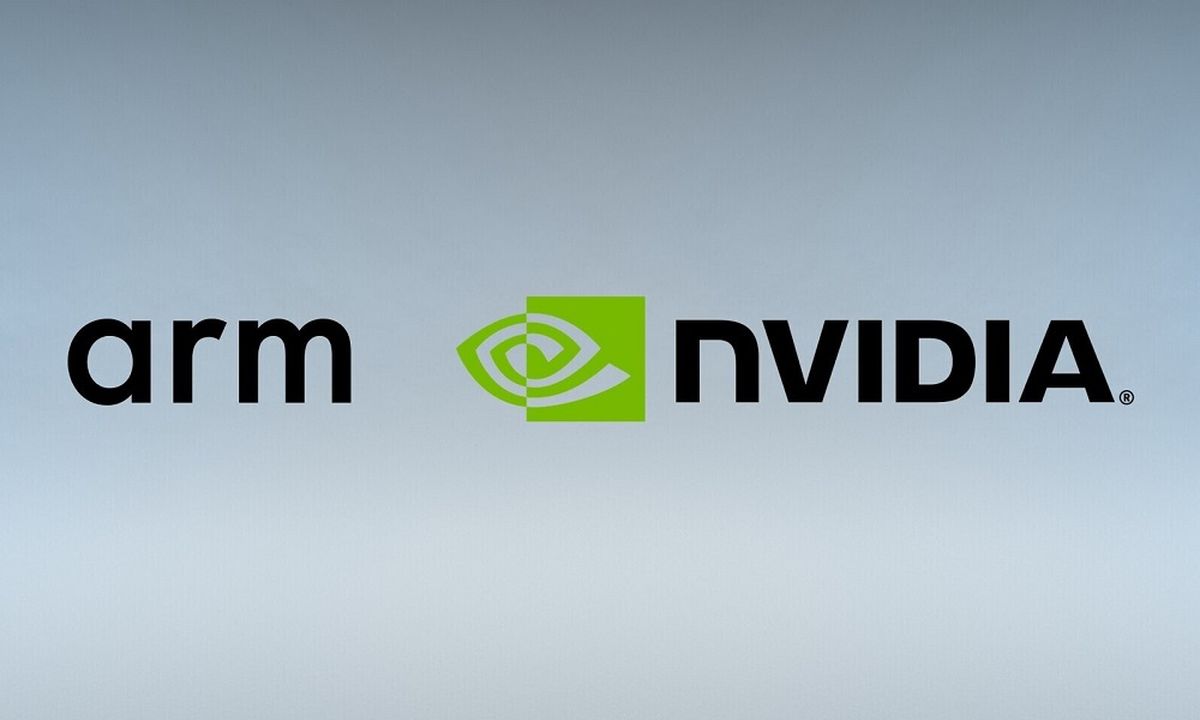The UK government may block NVIDIA’s acquisition of ARM due to national security concerns, according to a Bloomberg report. The news is not new and investigations have already been announced by the UK, China, or the European Union to grant the appropriate regulatory concession to a transaction that has great significance. The novelty is perhaps that of “national security”. A concept that is used at will and that has lost all meaning because it has been used according to the commercial/economic and political/strategic interests of each party.
According to the report, the UK government asked the Competition and Markets Authority (CMA) to produce a report on whether the deal was anti-competitive and whether it raised any national security concerns. The report was delivered to the government last month and reportedly contains national security implications that they cite as being of ‘concern’. The government could conduct another review that would focus specifically on these security issues.
One of the sources said that the government is currently leaning toward rejecting the deal, while another said that a final decision had not yet been made and that the deal could be approved if certain conditions are met. Responding to the Bloomberg article, NVIDIA’s response was as expected, simple and cautious: “We continue to work through the regulatory process with the UK government. We look forward to your questions to address any concerns you may have.”
It’s a fabulous sum of giants that not a few fear. And not without reason. From the first acquisition rumors last summer, from various quarters the potential monopoly and anti-competitive issues raised by such deals in general, and which in the case of ARM reach their peak, were put on the table.

It should be remembered that ARM Holdings is today an essential company for the industry. It has licensing agreements with hundreds of manufacturers and its architectural designs are present in billions of devices, in 100% of the smartphones sold on the planet, but also in other mobile devices, personal computers, embedded and data center servers.
ARM has knocked out a giant like Intel in everything that smells of mobility and its entry into PCs with Apple as a spearhead may end the monopoly of x86 architecture with which Intel has been dominating the industry for four decades. Even without such a strong presence at present, its entry into servers and data centers is also significant, which is probably NVIDIA’s main interest in embarking on this operation.
All these licenses explain why a company that neither produces nor sells any product has such a high valuation. Japanese conglomerate Softbank paid a whopping $32 billion to acquire ARM Holdings in 2016 and NVIDIA upped the ante last year by offering $40 billion.
The big question is whether NVIDIA will maintain the necessary ‘neutrality’ so that ARM will continue to offer its licenses as before on an equal basis for all manufacturers. Its executives have promised that it will, announcing that ARM Holdings will remain an independent, UK-based company. And it has to be because the industry has a lot at stake with this operation. And we’re talking about electronics. If “national security” enters the equation, anything can happen.





